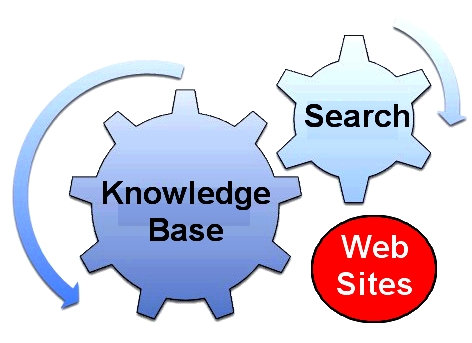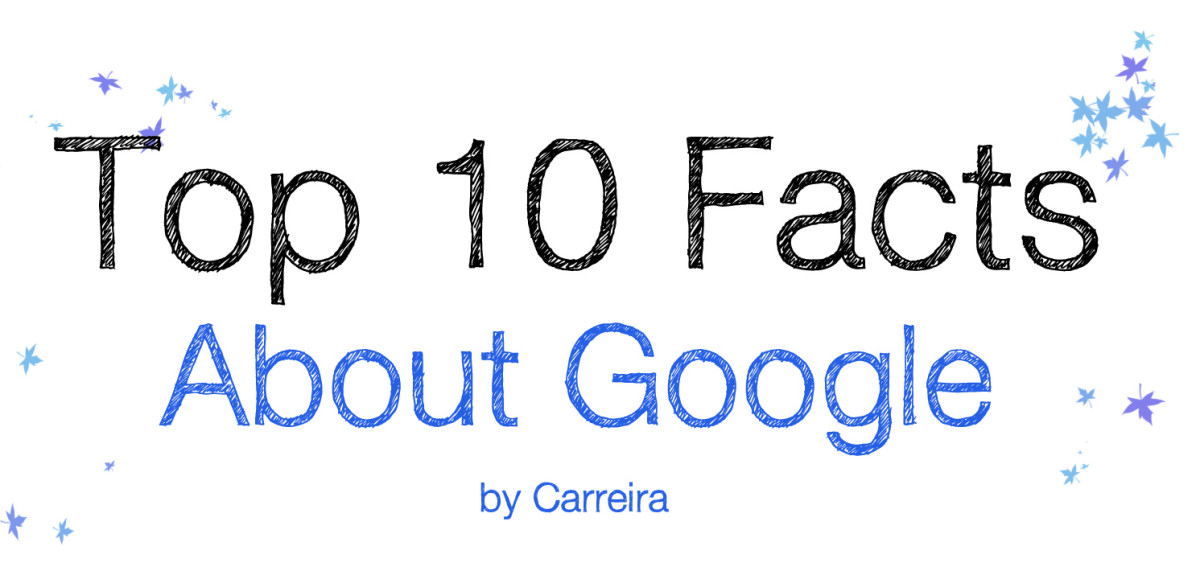- HubPages»
- Technology»
- Internet & the Web»
- Search Engines
Google Knowledge Graph and Semantic Search Will Become Siri on Steroids
The combination of the existing Semantic Search Tools and Google's Knowledge Graph (a database of answers) is set to transform the way Google delivers answers to search queries.
Think - Siri on Steroids.
Semantic search isn’t a new development. A suite of search engines have been developed since 2008 that focus on natural language queries - beyond keywords.
The original Google search algorithm is fundamentally flawed because it deals with a search phase one keyword a time. It tries to find pages that have the highest rank, or relevance, for each of the keywords and then deliver a list of pages with the best average rank for the combination of words. Google hopes that this process will deliver the best of the best for the user's query.
Google has made a lot of improvements and now focuses more on phrases, but keywords are still at the heart of its approach.



Semantic search employs artificial intelligence methods to work out the user's real intent (the question) and the meaning of the entire search term. This contrasts with going through each of the keywords in turn similar to using an index at the back of a book, a dictionary, a thesaurus or a list of synonyms. When you search currently, Google delivers lists of webpage summaries based on the phrases and the keywords that you entered in the search box. When you utilise semantic search, Google will smartly guess the relationship and context of the words in the search phrase, and how they generally work together. Google will try to understand what the whole phrase means (What you want). It will deal with "New York" as a city, rather than "New" and "York", which could produce all sorts of combinations.
The Questions - Semantic Search
The possible range of questions and variants are huge, but not endless. Google constantly tracks the questions that people ask and how often they are entered in the search query. Once again think of Siri and HAL (the famous super-tech computer created by Arthur C. Clarke for the renowned 1992 film '2001: A Space Odyssey'.). Artificial intelligence can be used to focus on natural language and phrases so that you don't have to store every possible question. You can uses this process to guess what question people are really asking. And you can do it, much better that way that working with the individual keywords. The artificial intelligence focuses on the natural language, even if those users are still focusing on keywords and phrases. Essentially this narrows down the questions that you really want answered, even if you, and others, may have asked the question in many different ways.
The Answers - Knowledge Graph, Knowledge Base, the Database of Answers
With Knowledge Graph, which Google announced recently, Google will be directly answering questions itself from its huge database of answers, instead of relying on various website pages to provide the information. Some of these answers are already appearing in the search results. So, not only will the author who writes independent articles about various topics, have to compete with other writer's pages for ranking, to appear in the search results, the author will also have to compete with Google itself, which will have all the answers. Google won't need to display summaries of websites that provide the information the user wants, it will simply supply the answers from its database.
How will they get the information? Well there is nothing new under the Sun, and Google will probably follow the lead of many of the pioneers in semantic search such as SenseBot.com

Some other examples of semantic search engines that have already been developed are:
- Wolfram|Alpha
- Hakia
- Kosmix
- DuckDuckGo
- Evri
These sites aim to deliver integrated and processed information from databases and tools that generate it.

With the Cloud and the ability to store vast amounts of information Google appears to be developing HAL - Siri on Steroids.
Google will know what you want and it will have all the answers.
RIP the independent Article
Does Knowledge bse mean the ned of Independent Articles and Information Websites?
© 2012 Dr. John Anderson







